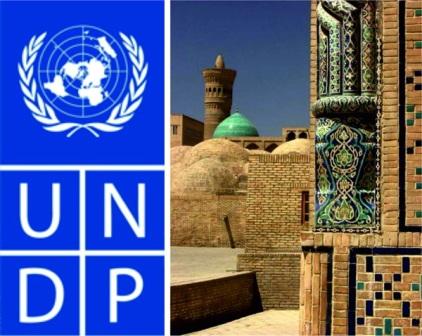Tuesday, 03/03/2026 | 20:54 GMT+7
From 2009 to mid-2015, UNDP and the State Committee for Architecture and Construction of the Republic of Uzbekistan, with financial support from the Global Environment Facility, have conducted a joint project entitled Promoting Energy Efficiency in Public Buildings in Uzbekistan. The project has conducted activities in six areas:
· Revision and enforcement of building energy codes
· Energy audit, management, and certification of existing buildings
· Design, construction, documentation, and demonstration of new and renovated energy-efficient buildings
· Development and implementation of new educational standards and curricula in higher and continuing education
· Documentation and dissemination of project results
· Development of national policies to sustain and expand project results after the project period.

The project has achieved major successes in all of these areas. Publicly-financed new and renovated buildings now consume 25 to 50 percent less energy for heating than buildings built before the project. Efficiency improvements implemented during the project period are expected to yield nearly 36 million tonnes of avoided CO2 emissions over their lifetimes, exceeding the project’s initial targets by about 20 times.
This report begins by enumerating the project’s many achievements. It presents quantitative results, with a discussion of their underlying methodology and assumptions, as well as key factors that caused the project to achieve and exceed its targets. The report presents lessons learned in project design and implementation, in the hope that similar projects in the region and around the world may draw insight from this project’s experiences and approaches. Finally, the report discusses next steps for the Government and the construction sector of Uzbekistan, with a focus on the steps already taken explicitly in order to ensure a smooth transition as the UNDP project draws to a close.
Truong Duy







